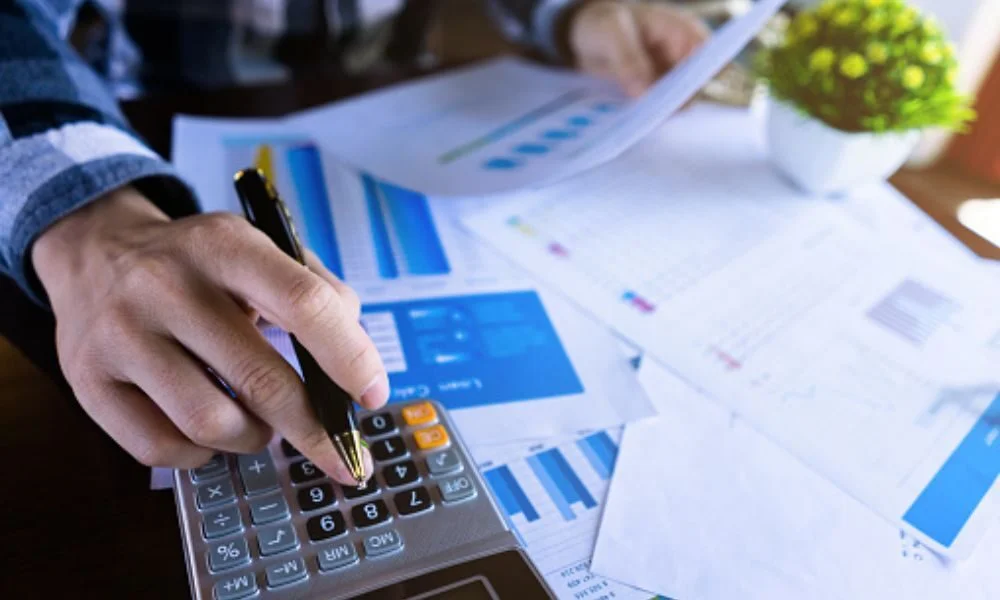Blockchain is a digital database based on a distributed system that enables the real time recording of transactions using a high level of security. Every entry recorded is done so with a time stamp, the information is encrypted, and is spread across many computers to minimize the possibility of prevarication. It is revolutionizing the accounting profession through its capacity to operate free of intermediary intervention and from the probability of data alteration. A small business accountant in Tulsa, OK ,can capitalize on the blockchain to help small businesses in automating their accounts and improving the credibility of records.
How does block chain improve the level of transparency?
This increases accuracy as every transaction is only accessible to the right personnel and documented for eternity on the Blockchain. This feature creates confidence in business stakeholders by offering them a center of authenticity they can rely on. This can make sense for small businesses because it can aid in preparation when making financial statements and strengthen the relations with clients, suppliers and auditors.
Is it possible to enhance data protection with Blockchain?
Blockchain information is processed and stored on numerous nodes and encrypted in such a way that hacking a common database is next to impossible. For the small business this implies protecting vital business information such as financial data and minimizing the probability of hacking or unauthorized penetration. This is because the structure of a blockchain is decentralized, and therefore also guarantees strong protection against manipulation.
How blockchain technology helps to simplify audits?
Blockchain is a transparent system which gives auditors ease while undertaking their work through provision of comprehensive records. Small businesses can be able to enjoy cheaper audits and faster compliance validations. Real time characteristics of blockchain also helps in avoiding or reducing possibilities of mistakes or inconsistency in the financial information.
How does Automation apply in Blockchain Accounting
Blockchain, in its simplest form, is used in smart contracts that help automate functions such as issuing invoices and receipts, and making payments and settlements. For small businesses, this eases the burden of having to manually do research and makes the entire process more efficient. Since repetitive work can be managed efficiently by the computer systems it provides efficient results better than human intervention, and provides growth opportunities to business owners.
Can Blockchain Support Real-Time Financial Analysis?
By getting real-time access to financial data, small businesses can track their cash flow, monitor expenses and make better business decisions. Businesses can use real-time analytical results to make timely decisions to maintain competitiveness in industries of operation.

How can blockchain increase or decrease cost in accounting?
Another benefit of usage of this technology is cost savings: blockchain, by excluding intermediaries into the processes, makes the work less expensive. There is cost reduction on the expenses on transaction costs, book balancing, and sometimes external auditing for small businesses. The following is the fact, the use of blockchain is cost-effective and of great use to companies that operate with concessed budgets.
What Role Can We Expect Blockchain to Play in Accounting for Small Business in our Future?
There is still more the blockchain can unleash and offer new possibilities to amplify accounting practices even further. Over time it is expected that there will be increased business use of this technology, perhaps increasing the collaboration and standardization of this technology. Adopting blockchain technology by small businesses means that those enterprises are well positioned for this new technological solution.
Conclusion
Applying the blockchain technology can significantly improve the aspect of accounting in small business since it entails the features of transparency, security and efficiency. Outsourcing services and offering capabilities of real-time financial reporting help the company as well as the small businesses to make the right decisions. As the technology continues to develop it can only be assumed that more branches of accounting will benefit from its usage and it will continue to provide even greater advantages to those companies willing to integrate the technology into their business.




